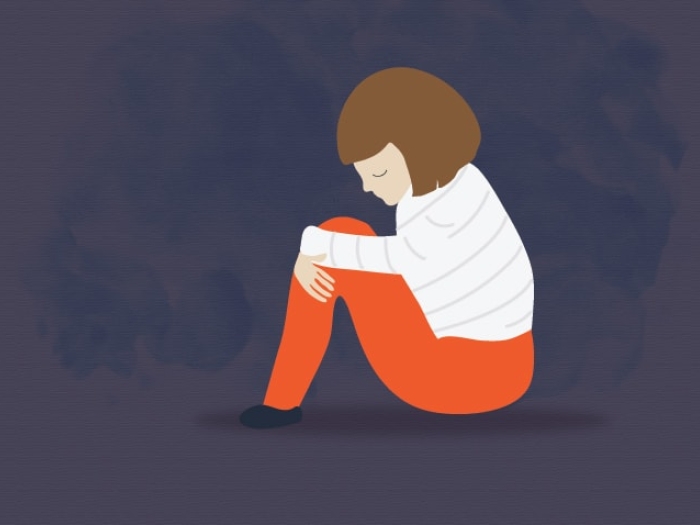Mental health advocacy groups have shared warning signs and risk factors for suicide. Here’s what to look for in a loved one.
7:00 AM
Author |

The warning signs before suicide aren't always clear, nor are they universal or from a single cause.
MORE FROM MICHIGAN: Sign up for our weekly newsletter
Still, across the board, mental health experts say certain behaviors shouldn't be ignored.
"Paying attention to suicide warning signs and responding with empathy and support is key to helping individuals get needed help," says Meg Jennings, LMSW, a social-work supervisor for Michigan Medicine.
If you think someone is in danger of committing suicide, don't leave them alone; call 911 immediately. And if you or someone you know needs help, call the National Suicide Prevention Lifeline at 1-800-273-TALK (8255).
Here are some signals that might indicate a person is in trouble:


Explore a variety of health care news & stories by visiting the Health Lab home page for more articles.

Department of Communication at Michigan Medicine
Want top health & research news weekly? Sign up for Health Lab’s newsletters today!





